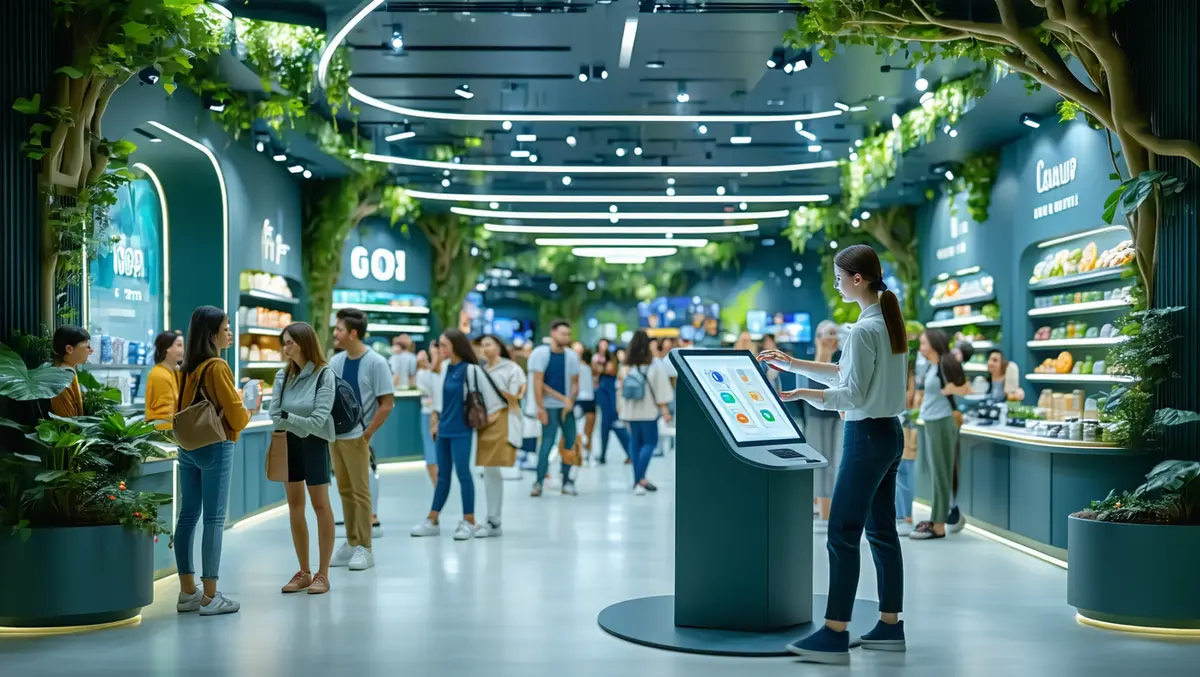
Four trends predicted to revolutionise retail by 2025
Manhattan Associates has announced four key trends expected to reshape the retail industry landscape by 2025, focussing on unified commerce, AI-driven personalisation, warehouse innovation, and sustainability.
The company has identified the growing demand for seamless shopping experiences across both online and offline channels as a crucial trend. Unified commerce solutions are increasingly fundamental, consolidating inventory, order management systems (OMS), point-of-sale (POS) systems, and customer data onto a singular platform. These solutions are designed to offer real-time stock visibility, streamlined ordering processes, and consistent pricing and promotions across all touchpoints.
Raghav Sibal, Managing Director, ANZ at Manhattan Associates, emphasised the importance of unified commerce for retailers striving to meet evolving consumer demands. "Unified commerce will continue to be essential for retailers aiming to meet the evolving demands of modern consumers. Integrating OMS and POS systems will create a truly connected ecosystem, enabling businesses to manage inventory, fulfill orders, and process payments with scalability and flexibility," Sibal stated. He added that this consolidated approach is intended to streamline checkout processes and enhance customer experiences.
Another major trend is the emergence of generative AI and hyper-personalisation, expected to transform customer engagement by providing dynamic and human-like interactions. These AI advancements will aid in managing complex inquiries and enhancing pre- and post-purchase experiences with personalised responses.
Sibal highlighted the technology's potential impact: "Generative AI is one of the most promising technologies to emerge in recent years, with the potential to transform customer service experiences," he stated, noting that Manhattan Active Maven exemplifies the application of this technology within supply chain and commerce, offering enhanced personalisation, productivity gains, and notable cost reductions.
Warehouse innovation represents a significant shift in operational efficiency, driven by advancements in robotics, automation, and cloud-based management systems. These technologies address increasing order volumes, labour shortages, and the complexities of multi-channel fulfilment with enhanced precision and speed.
Furthermore, sustainability is becoming an essential focus for retail businesses. With growing environmental awareness, retailers are increasingly utilising sophisticated technologies like machine learning and real-time data analytics to reduce waste, optimise inventory, and reduce their environmental footprint. Such innovations aid in demand forecasting and stock management, aiming to avoid overproduction and conserve valuable resources.
Sibal noted the transformative impact of these technological trends: "These trends show how technology will continue to drive the evolution of retail in 2025. Retailers who embrace innovation will be best positioned to adapt to change, exceed customer expectations, and stay ahead in a competitive market," he concluded.
.webp)

